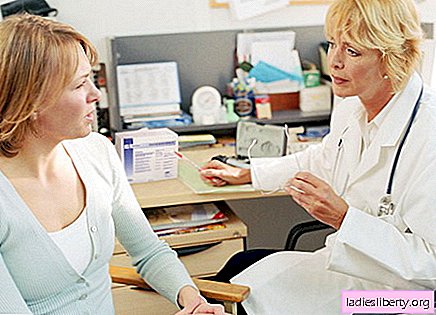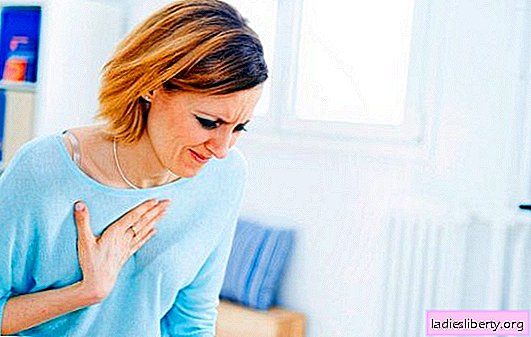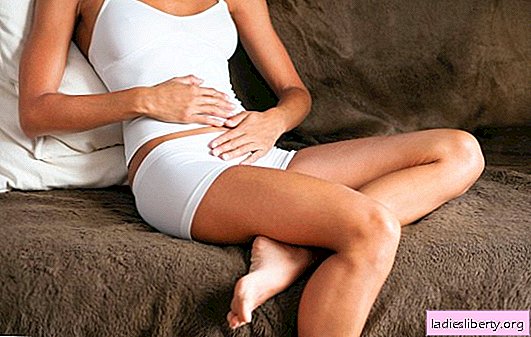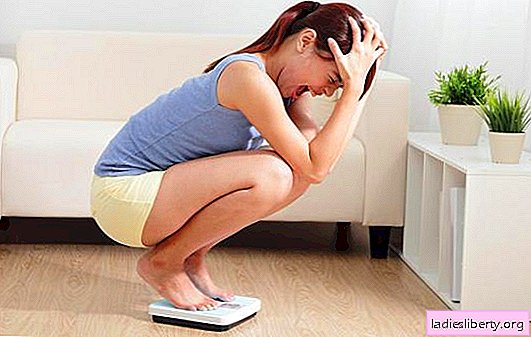
It is not customary to talk about the problem of the occurrence of hemorrhoids out loud, it is believed that this disease is too sensitive a topic to discuss with other people.
Therefore, many pregnant women quietly endure suffering, in the hope of miraculous healing. Meanwhile, hemorrhoids occur in almost eighty percent of the world's adult population.
Its cause is a sedentary lifestyle, prolonged sedentary work, unbalanced and improper nutrition, as well as burdened heredity. In addition, pregnancy and childbirth significantly increase the chances of having the ailment described.
Causes of hemorrhoids in pregnant women
Hemorrhoids occur due to overflow of blood in the vulnerable venous plexuses, which are located in the anus. Altered and dilated veins are called hemorrhoidal nodes. This disease manifests itself gradually, and depending on the causes of its occurrence in medicine, primary and secondary hemorrhoids are distinguished. It is the latter that often becomes the companion of pregnant women. This is due to the fact that the enlarged uterus exerts strong pressure on the venous plexus.
Hemorrhoids often occur after childbirth, since during an attempt the pressure of the fetal head on the blood vessels occurs. Another reason for the occurrence of this disease while waiting for the baby are frequent constipation. With difficult defecation, the mucous membrane of the rectum and the hemorrhoidal veins located under it expand greatly and are injured during the passage of compacted feces.
Symptoms of Hemorrhoids
There are three stages of the development of this disease. On the first of them, hemorrhoidal nodes only sag in the lumen of the rectum, but do not go out of the anus. Later, during the second stage, the hemorrhoidal nodes already sag from the anus, but are easily relocated back after a while. But at the third stage of the disease, the nodes are no longer set in the rectum and remain outside the anus.
At the earliest stages of its manifestation, hemorrhoids can cause pain during bowel movements. In addition, traces of fresh blood often appear in the feces, discomfort or itching begins in the anus. These symptoms are greatly enhanced during walking or during long sitting. Later, sagging of elastic but painful nodes from the anus appears.
In order to distinguish hemorrhoids from other diseases that have similar symptoms, its correct diagnosis is necessary. The main methods for determining this disease are a digital examination of the rectum, in which the internal hemorrhoidal nodes are probed, and sigmoidoscopy or anoscopy, which is a way of examining the rectum and anus using special medical instruments.
Treatment for hemorrhoids during pregnancy
Methods of treating this disease in pregnant women differ from the methods of treatment provided for other categories of people. Surgery to remove hemorrhoids in women expecting a baby is extremely rare. The most preference is given to conservative methods, prevention and diet.
An excellent way to combat exacerbation of hemorrhoids is to prevent constipation. This requires proper and balanced nutrition, as well as the complete exclusion from the diet of all foods that cause difficulty in defecation.
In order to avoid additional injury to the hemorrhoids in the postpartum period, careful hygiene of the perineum is necessary. Wash the indicated area regularly with warm water, use soft toilet paper.
Do not do sedentary baths during pregnancy, as they can provoke the development of an infection in the vagina. Medicines used by pregnant women are usually available in the form of ointments, gels, or suppositories. They have an exclusively local effect and do not pose a threat to the normal development of the fetus. In any case, before using any medicine, professional advice from a gynecologist is necessary.
Prevention of hemorrhoids during pregnancy
In order to avoid the appearance of hemorrhoids, pregnant women need to take up its prevention immediately after the conception of the child. While waiting for the baby, you need to strictly follow a diet, include a large number of vegetables, fruits and dairy products in the diet. Cabbage, pumpkin, beets, watermelons, melons, carrots and brown bread help with constipation. But the use of spicy and fatty foods is better to refuse. In addition, it is worth normalizing the frequency of complete bowel movement, which should be carried out at least once a day. An active helper in the fight against hemorrhoids is an active lifestyle, moderate physical activity and regular walks in the fresh air.
Physical therapy also provides good results in the prevention of hemorrhoids, which helps to improve the functioning of the large intestine and reduce the stagnation of blood flow in the veins of the small pelvis. In addition, it is recommended several times a day for ten to fifteen minutes to lie on your back, while the pelvic area should be raised, for example, located on a high pillow. Women expecting a baby need to be attentive to their health, dress warmly and avoid possible hypothermia.
Comments











